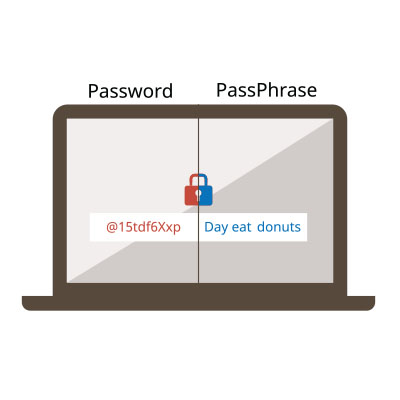There will always be times when you have to invite guests and other external users to your Microsoft Teams meetings, especially if you want to take advantage of the many collaboration options offered through the platform. However, you need to be very careful with guests and external users–especially in today’s cybersecurity-centric world.
Technology plays a massive role for most organizations nowadays, and not everyone always grasps the importance of it. Most of the time, there is so much built into today’s enterprise software that it can often be overwhelming for workers to use it effectively. Today, we will give you three tips on how to help employees get a grasp of the technology their productivity depends on.
There are several reasons to use a form to collect data for your business, from customer impressions and service needs to employee feedback about internal matters as a means of collaborative decision-making. The trouble comes when it is time to compile all the responses… unless you know how to use the tools at your disposal. For this week’s tip, we’re walking through the process of creating a form that self-populates a spreadsheet using Google’s toolkit.
Small businesses are presented with the challenging prospect of monitoring and policing various IT-related policies that you might have for your network infrastructure and workplace technology use. The difficulty of this notion does little to lessen its importance, however. You need to take action to protect your assets, data, and reputation from the countless threats out there, and ensuring that your employees are properly using technology is paramount to this endeavor.
Securing your accounts against unauthorized access begins with the implementation of a strong password. It’s crucial to recognize that not all passwords offer the same level of protection. Here are five essential guidelines to ensure the security of your accounts. Emphasize Complexity The strength of a robust password hinges on its complexity. Avoid easily predictable combinations like “123456” or “password.” Instead, construct a password that incorporates a mix of uppercase and lowercase letters, numbers, and special characters. This complexity significantly boosts the resilience of your password, rendering it more resistant to brute-force attacks. Adopt Unique Passwords for Each Account Reusing passwords across multiple accounts poses a common yet perilous risk. Should one account be compromised, all interconnected accounts become susceptible. To mitigate this risk, generate distinctive passwords for each online account. Utilizing a reputable password manager can assist in organizing and securely storing these intricate combinations. Prioritize Length Generally, longer passwords offer greater security. Aim for a minimum of 12 characters and, when possible, opt for even longer passwords. Extended passwords create a more extensive search space, heightening the challenge for attackers to crack them. Consider using a passphrase—a sequence of words or a sentence—for both lengthy and memorable passwords. Regularly Update Your Passwords Given the dynamic nature of the digital landscape and evolving cyberthreats, it is crucial to regularly update your passwords. Establish a routine to change passwords every three to six months, or sooner if a security breach is reported on a platform you use. This straightforward yet effective practice significantly reduces the risk of unauthorized access to your accounts. Enable Two-Factor Authentication (2FA) Two-factor authentication (2FA) provides an additional layer of security by demanding a second form of verification alongside your password. This typically involves receiving a code on your mobile device or email, which you must enter after inputting your password. Even if a malicious actor obtains your password, the second factor is essential for gaining access. Activate 2FA whenever possible to fortify your account security. For expert guidance in formulating your organization’s cybersecurity strategy, contact our knowledgeable consultants today at (603) 889-0800.






